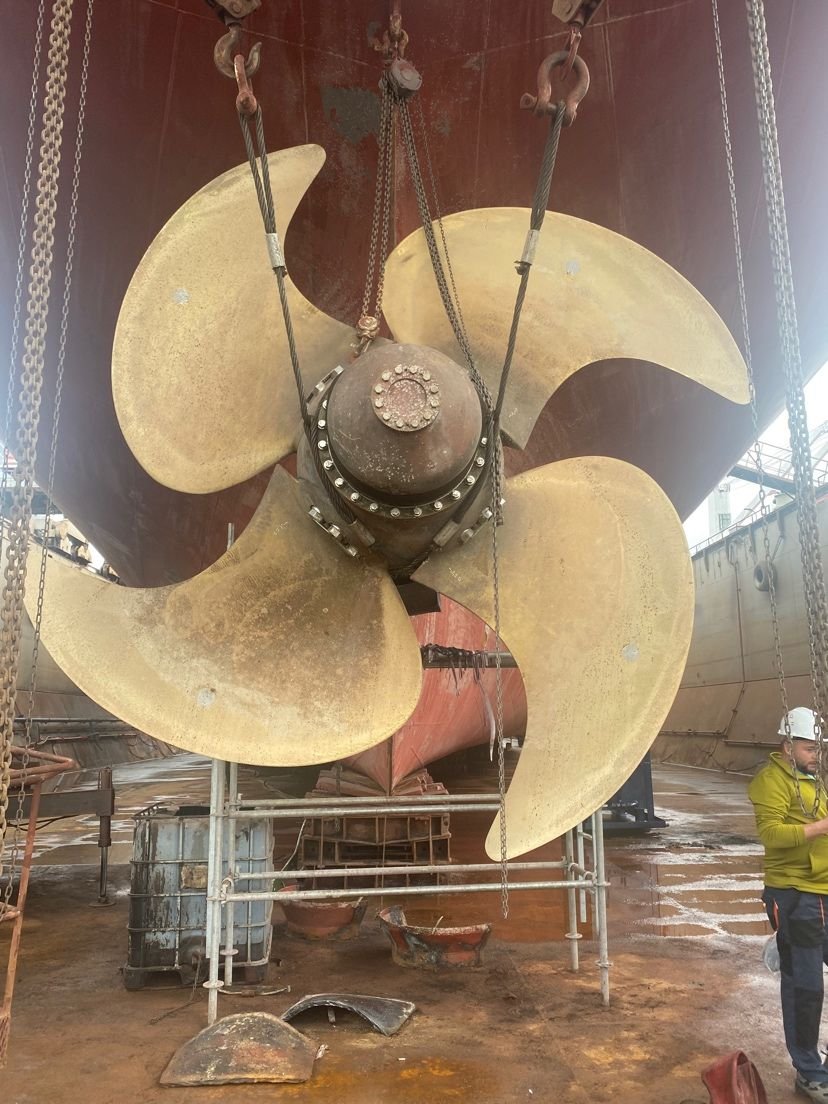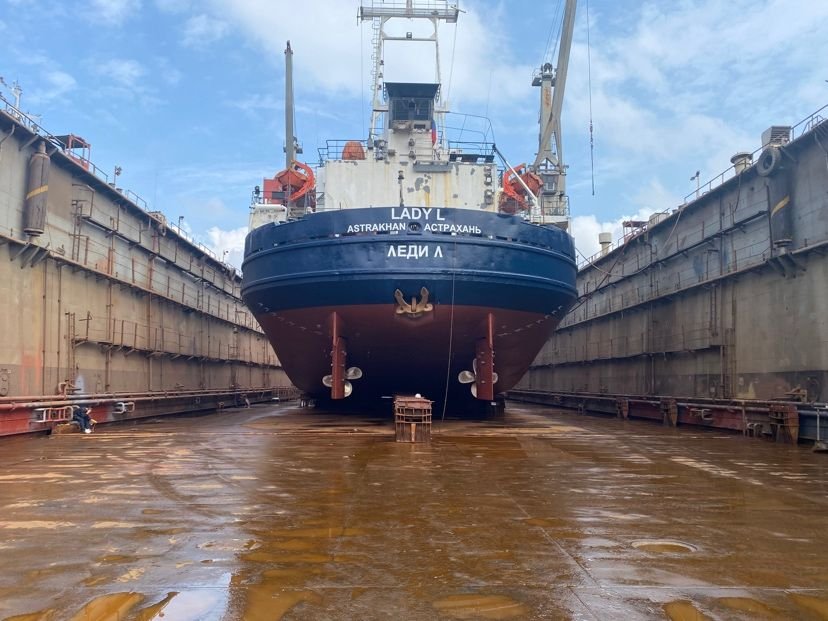Essential Practices for Maritime Operations
In the maritime industry, maintaining ship waterways and keeping vessel surfaces clean are essential practices for ensuring smooth operations and prolonging the lifespan of ships. In this blog post, we will delve into the importance of ship waterway maintenance and surface cleaning, along with effective techniques for achieving optimal results.
Importance of Ship Waterway Maintenance:
Ship waterways, including channels, ports, and harbors, play a crucial role in facilitating maritime transportation. Proper maintenance of these waterways is essential for ensuring safe navigation, preventing sediment buildup, and minimizing the risk of accidents such as grounding or collisions. Regular dredging, buoy maintenance, and debris removal are some of the key practices involved in ship waterway maintenance, which help to optimize navigational conditions and promote efficient vessel traffic flow.
Techniques for Surface Cleaning:
Keeping ship surfaces clean is not only important for maintaining the aesthetics of the vessel but also for preserving its structural integrity and performance. Accumulation of marine growth, such as barnacles and algae, can increase drag, reduce fuel efficiency, and accelerate corrosion. Therefore, regular hull cleaning and maintenance are necessary to remove fouling organisms and prevent their regrowth. Various methods, including mechanical scraping, high-pressure water jetting, and environmentally friendly coatings, can be employed to effectively clean ship surfaces while minimizing environmental impact.
Ship waterway maintenance and surface cleaning are essential aspects of maritime operations that contribute to the safety, efficiency, and sustainability of the industry. By implementing regular maintenance routines and employing effective cleaning techniques, ship operators can ensure optimal navigational conditions, prolong the lifespan of vessels, and minimize environmental impact. Therefore, investing in ship waterway maintenance and surface cleaning practices is crucial for the long-term success of maritime operations.



